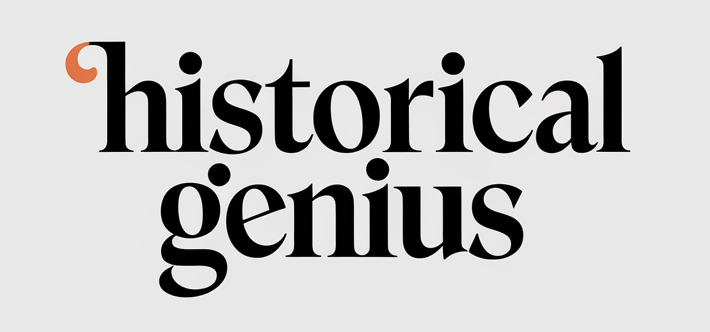History isn’t a straight line—it’s a series of defining moments that changed everything. From battles that redrew maps to discoveries that reshaped how we live, these turning points altered the course of civilization. Some were sudden shocks, others were slow-burning revolutions, but all left a lasting impact. Here are 10 major events that shaped the world as we know it.
The Fall of the Roman Empire (476 CE)
When the Western Roman Empire collapsed, it marked the end of ancient civilization and the beginning of the Middle Ages. The fall left Europe fragmented, leading to feudalism, the rise of the Catholic Church, and centuries of decentralized power. Without Rome’s influence, history took a completely different path.
The Signing of the Magna Carta (1215)
When England’s King John was forced to sign the Magna Carta, he probably didn’t realize he was shaping democracy. This document limited the power of monarchs and established the idea that rulers were subject to laws. It laid the foundation for constitutional governments worldwide, including the U.S. Constitution centuries later.
The Black Death (1347–1351)
The bubonic plague wiped out nearly half of Europe’s population, but it didn’t just bring death—it changed society. The labor shortage gave peasants more bargaining power, weakening feudalism and sparking economic shifts that led to the Renaissance. It was a dark time, but it paved the way for progress.
Christopher Columbus Reaches the Americas (1492)
Columbus’s voyage didn’t just “discover” the New World—it kicked off global trade, colonization, and the merging (or clashing) of civilizations. His arrival in the Americas led to the European conquest of indigenous lands, the transatlantic slave trade, and the globalization of goods, people, and ideas.
The American Revolution (1775–1783)
When the American colonies broke away from Britain, they weren’t just fighting for independence—they were redefining governance. The revolution led to the creation of the U.S. Constitution, inspiring democratic movements worldwide. Monarchies trembled, and people began questioning the divine right of kings.
The French Revolution (1789–1799)
Liberty, equality, fraternity—and a lot of guillotines. The French Revolution dismantled absolute monarchy and introduced the idea that people could overthrow corrupt rulers. It reshaped France, influenced global politics, and paved the way for modern republics. It also proved that revolutions aren’t always tidy affairs.
The Industrial Revolution (18th–19th Century)
The shift from handcrafting to machine production revolutionized economies, cities, and daily life. Steam engines, factories, and mass production transformed the world, leading to urbanization, technological advancements, and a completely new way of living. The modern economy owes everything to this era.
World War I (1914–1918)
The “war to end all wars” didn’t quite live up to its name, but it reshaped the 20th century. The collapse of empires, redrawn borders, and the Treaty of Versailles set the stage for World War II. It also introduced modern warfare, propaganda, and political ideologies that would dominate the century.
World War II and the Atomic Age (1939–1945)
If World War I changed the world, World War II redefined it. The rise and fall of fascism, the Holocaust, and the nuclear bomb ushered in a new era of global politics. The war’s aftermath led to the Cold War, the United Nations, and a world order still influencing geopolitics today.
The Fall of the Berlin Wall (1989)
The Cold War didn’t end with a battle—it ended with a wall coming down. The fall of the Berlin Wall symbolized the collapse of communism in Eastern Europe, the end of the Soviet Union, and the victory of democratic ideals over totalitarian rule. It reshaped global politics and reunited a divided world.
History is full of pivotal moments, but these events changed everything. Each turning point reshaped society, politics, and the way people lived, proving that a single event can redirect the course of civilization. If the past is any guide, the next major turning point is always just around the corner.

